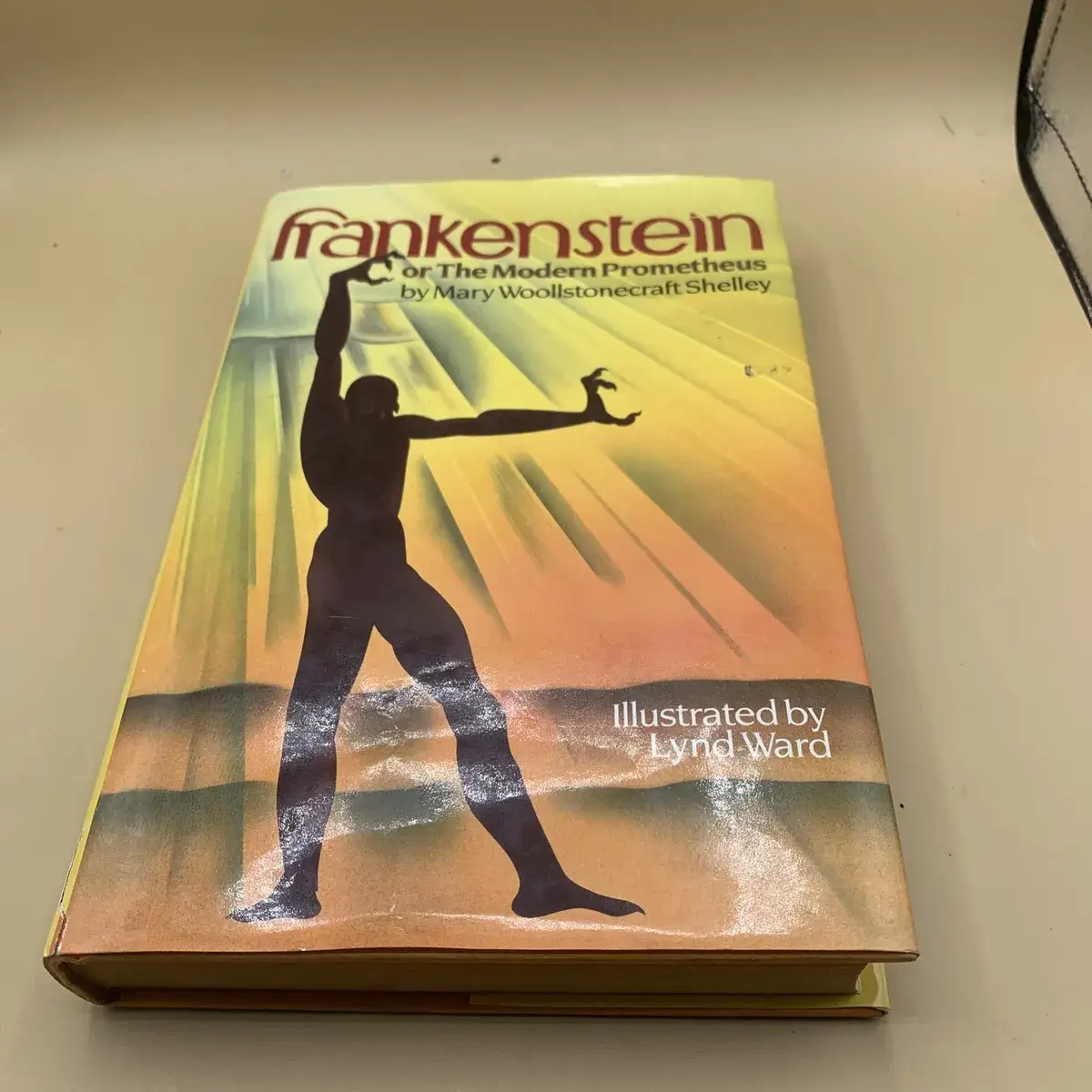Frankenstein (1818)

Title: Frankenstein
Author: Mary Shelley
Publication Date: 1818
Genre: Gothic, Science Fiction, Horror
Summary: "Frankenstein" tells the haunting tale of Victor Frankenstein, a young scientist who becomes obsessed with creating life. Using unconventional and dark scientific methods, he brings to life a monstrous creature. However, horrified by his own creation, Victor abandons the creature, leading to tragic consequences. The monster, seeking companionship and understanding, is rejected by society and driven to seek revenge on its creator. The novel delves into themes of ambition, responsibility, societal rejection, and the consequences of playing god.
Themes:
Ambition and Hubris: Victor's relentless pursuit of knowledge and ambition to create life leads to disastrous consequences. The novel warns against the dangers of unchecked ambition and the consequences of playing god.
Isolation and Alienation: Both Victor and the monster experience profound isolation and alienation from society, which fuels their despair and destructive behaviors.
Nature vs. Nurture: The novel explores the debate between nature and nurture, raising questions about whether the monster's actions are a result of its inherent nature or the harsh treatment it receives from society.
Responsibility and Consequences: Victor grapples with the responsibility of his creation and the devastating consequences of abandoning the monster.
Appearance vs. Reality: The novel challenges the notion of appearances, as the monster's physical ugliness contrasts with its emotional depth and intellect.
Quotes:
- "I ought to be thy Adam, but I am rather the fallen angel."
- "Beware; for I am fearless, and therefore powerful."
- "I do know that for the sympathy of one living being, I would make peace with all. I have love in me the likes of which you can scarcely imagine, and rage the likes of which you would not believe."
Relevance Today: "Frankenstein" remains relevant for its exploration of ethical and moral dilemmas surrounding scientific advancement and the consequences of human actions.
Literary Influence: Mary Shelley's novel has left an indelible mark on literature and popular culture, inspiring numerous adaptations, movies, and other works.
Legacy: Regarded as a seminal work of science fiction and horror, "Frankenstein" has continued to captivate readers for over two centuries.
Cultural Impact: The novel's themes of creation, identity, and the dangers of unbridled ambition have had a lasting impact on the horror and science fiction genres.
Feminist Perspective: Mary Shelley's authorship of "Frankenstein" as a young woman in the early 19th century challenges gender norms and highlights the contributions of women to literature.
Message of Empathy: The novel encourages readers to consider the consequences of their actions and to show empathy towards those who may be different or misunderstood.
Social Critique: "Frankenstein" critiques societal prejudice and the dangers of rejecting those who are different, illustrating the consequences of such exclusion.
Timeless Classic: Mary Shelley's masterpiece endures as a timeless classic, provoking thought and discussion about the complexities of human nature and the pursuit of knowledge.
